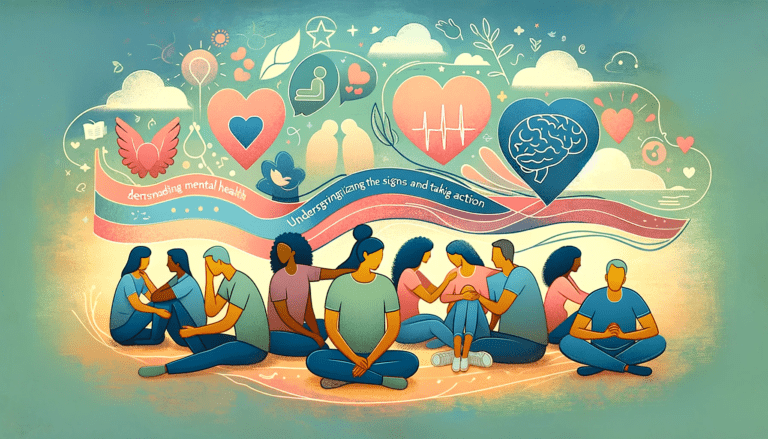Cultivating Resilience: The Power of Self-Care for Mental Health
In today’s fast-paced world, mental health has become a critical topic that affects us all. According to the World Health Organization, one in four people will be affected by mental health issues at some point in their lives. Yet, despite its prevalence, many still struggle to prioritize their mental well-being. One effective way to support our mental health is through self-care and building resilience.
Understanding Mental Health
Mental health encompasses our emotional, psychological, and social well-being. It influences how we think, feel, and act, impacting our daily lives and relationships. Unfortunately, misconceptions surrounding mental health often lead to stigma, making it harder for individuals to seek help. Recognizing that mental health exists on a spectrum—from thriving to struggling—can foster greater empathy and understanding.
The Role of Self-Care
Self-care refers to the practices we engage in to take care of our physical, emotional, and mental health. It is not a luxury; it is a necessity. Regular self-care helps us manage stress, maintain balance, and enhance our overall well-being.
Practical Self-Care Strategies
Physical Health
- Nutrition: Fuel your body with nutritious foods. A balanced diet rich in fruits, vegetables, whole grains, and lean proteins can positively impact your mood and energy levels.
- Exercise: Regular physical activity is linked to improved mental health. Aim for at least 30 minutes of movement most days—whether it’s walking, dancing, or practicing yoga.
- Sleep: Quality sleep is essential for mental clarity and emotional regulation. Establish a calming bedtime routine and aim for 7-9 hours of sleep each night.
Emotional Well-Being
- Mindfulness: Practices like meditation and deep-breathing exercises can help reduce anxiety and enhance emotional awareness.
- Journaling: Writing down your thoughts and feelings can be a powerful way to process emotions and gain insight into your mental state.
- Positive Affirmations: Challenge negative self-talk by replacing it with affirming statements. Cultivating a positive mindset can improve self-esteem.
Social Connections
- Build Relationships: Foster meaningful connections with family and friends. Engaging in social activities can provide a support network during tough times.
- Seek Support: Don’t hesitate to reach out when you’re feeling overwhelmed. Talking to someone you trust can provide relief and perspective.
Setting Boundaries
- Learn to Say No: Protect your time and energy by knowing your limits. Setting boundaries can help you avoid burnout and prioritize your needs.
- Balance Responsibilities: Find ways to balance work, family, and personal time. Make self-care a non-negotiable part of your routine.
Building Resilience
Resilience is the ability to bounce back from challenges and adversity. It’s not about avoiding stress but rather learning to navigate it effectively. Here are some strategies to build resilience:
- Problem-Solving Skills: Approach challenges with a solutions-oriented mindset. Break problems down into manageable steps and tackle them one at a time.
- Adaptability: Embrace change and view it as an opportunity for growth. Flexibility in thinking can enhance your ability to cope with stress.
Seeking Professional Help
While self-care is vital, it’s also important to recognize when professional help is needed. If you’re struggling with persistent feelings of sadness, anxiety, or overwhelming stress, consider reaching out to a mental health professional. Therapy can provide valuable tools and support for navigating life’s challenges, and seeking help is a sign of strength, not weakness.







